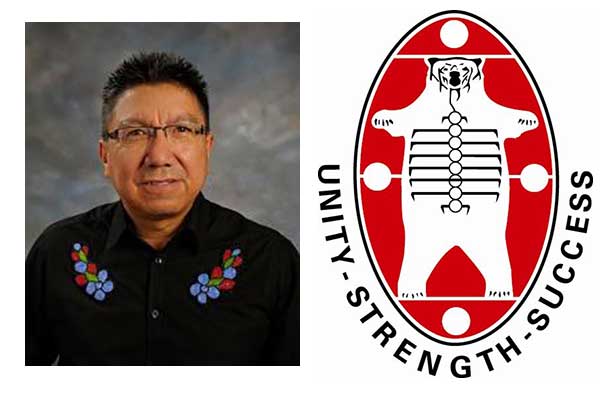
THUNDER BAY – NEWS – A June 4 decision by Manitoba Justice Perry Schulman in Fontaine et al. v. Canada (Attorney General) found that so-called form-fillers acted in an “unconscionable” fashion with “unequal bargaining power” while coercing Residential School survivors to sign payment agreements that deprived as many as 1,000 former students the full amount of their claims awarded under the IRS.
Nishnawbe Aski Nation (NAN) and Grand Council Treaty #3 (GCT#3), two of the largest political organizations representing First Nations in Ontario and Manitoba, are raising awareness among former Indian Residential School (IRS) students as financial arrangements made by legal firms and other agencies for assisting with compensation claims are under investigation.
“Within the Treaty 3 territory we had the highest number of Indian Residential schools in comparison with any other part of Canada and as such for generations our communities, families and individuals have been severely impacted by the abuses and trauma, including misguided nutritional experiments on our relatives that attended these schools. While the Common Experience Payment (CEP) and Independent Assessment Process (IAP) offered an opportunity at recognition and reconciliation for harm to our IRS survivors, it is extremely painful to hear that victimization by ruthless lawyers has been perpetrated against vulnerable people who have had to endure a lifetime of pain and suffering,” said Grand Council Treaty #3 Grand Chief Warren White. “I encourage all IRS claimants who have questions or concerns about the manner in which their file, claim or compensation has been managed to come forward.”
The move by case facilitators has resulted in problems and more pain and suffering for IRS survivors. The case was brought by the chief adjudicator of the Independent Assessment Process against Winnipeg lawyer Ken Carroll and the form-filler agency First Nations Residential School Solutions Inc. (FNRSSI) that he was part owner of.
In Ontario, the Indian Residential Schools Adjudication Secretariat has launched an investigation into a Kenora law firm Keshen and Major regarding loans and administration fees paid by IRS claimants during the settlement process.
“Indian Residential School survivors acted in good faith when they agreed to take part in the Independent Assessment Process, and it is shameful that these survivors are once again being victimized,” said NAN Deputy Grand Chief Alvin Fiddler, who holds the justice portfolio at NAN. “We strongly agree that it is unconscionable that legal firms would seek to take advantage of survivors who suffered years of abuse. They have fought for years for the justice they deserve after losing their childhood, and they should not be robbed of their future.”
Justice Schulman ruled that all arrangements requiring IAP claimants to pay contingency fees to form-fillers are void, and that IAP claimants are under no obligation to pay fees for processing their claims. He ordered court officials to look for ways for students to recover any fees paid, and that all information related to arrangements between the former students, their lawyers and form-filling agencies must be provided to IAP adjudicators.
NAN and GCT#3 encourage all IAP claimants who have questions about fees paid while settling their claims to call the Independent Assessment Process toll-free information line at 1-877- 635-2648. Updates as more information becomes available will be posted on the Indian Residential Schools Adjudication Secretariat website at www.iap-pei.ca.





